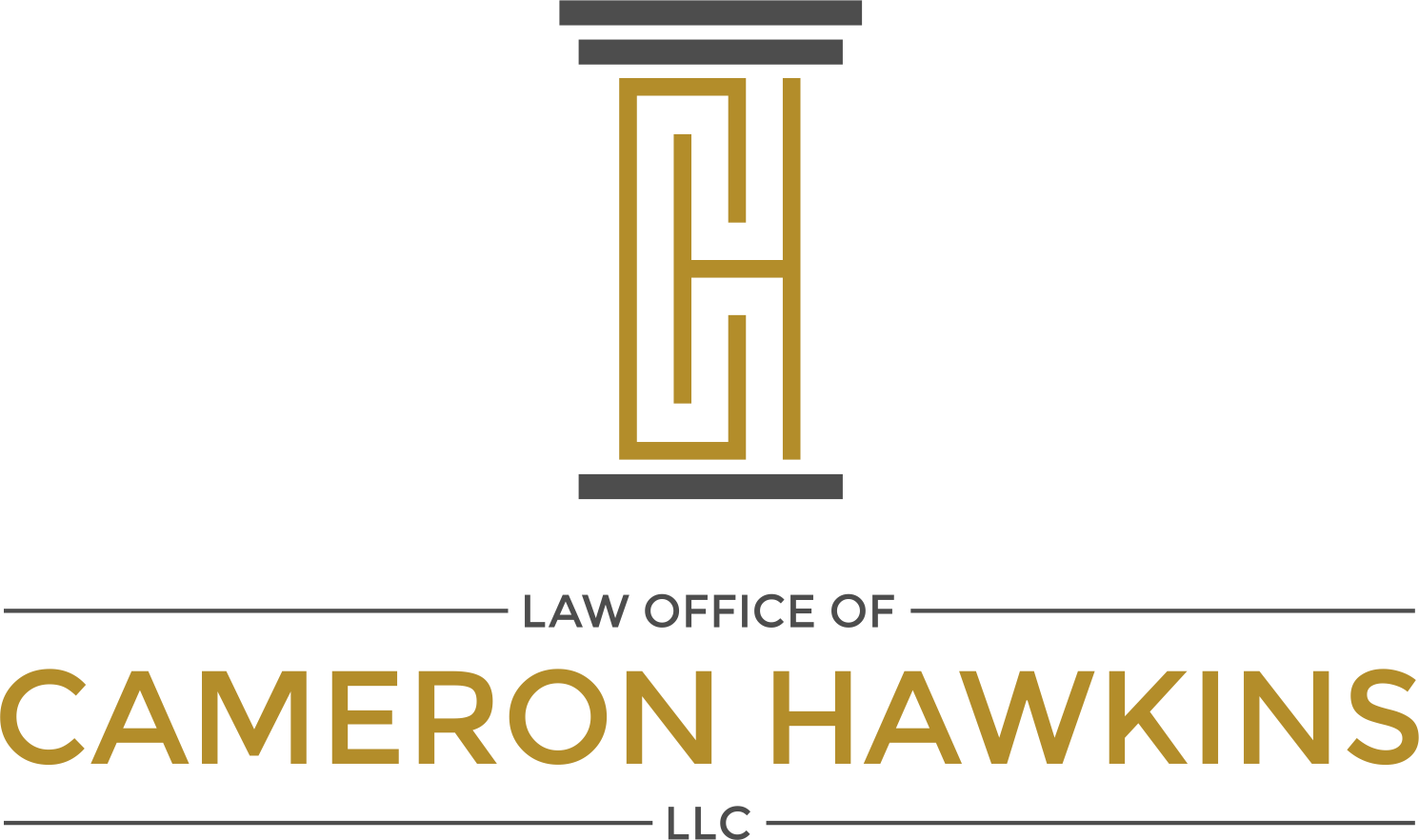Blog

IRS-imposed limits on nonprofit political activity, along with Georgia’s state-level rules, can cause problems for nonprofits. Most nonprofits exist to advance a mission for specific communities, groups, and causes, and politicians and legislation can share those goals or be diametrically opposed to the nonprofit’s work.
There’s an incentive for a nonprofit to influence the political or legislative process, but stepping over the line, even unintentionally, can threaten a nonprofit’s tax-exempt status. That’s why it’s important for nonprofit leaders and decision-makers to have a firm grasp of what’s allowed, what isn’t, and the gray areas that often create confusion.
IRS Rules on Political Activity
For 501(c)(3) organizations, the IRS draws a bright line: no direct or indirect support or opposition of candidates for public office. That means a nonprofit cannot endorse candidates, donate to campaigns, or publish ads favoring one side. Even something like posting “We support Candidate X” on social media is a prohibited political act.
There are some politics-adjacent activities that remain permissible. Nonprofits can run nonpartisan voter registration drives, publish neutral voter guides, and host candidate forums if all candidates are invited and given equal opportunity.
The perception of fairness matters. A forum that includes only select candidates, or a voter guide timed right before an election that favors one side of an issue, could still be seen as partisan.
Lobbying vs. Issue Advocacy
Nonprofits are not barred from the political arena altogether because the IRS distinguishes between lobbying and issue advocacy.
Issue Advocacy Is Generally Safe
Educating the public on issues tied to your mission, like housing insecurity, health care access, or climate resilience, does not threaten tax status so long as no candidate or specific piece of legislation is mentioned.
Lobbying Is More Restricted
This includes urging lawmakers to vote for or against a particular bill or encouraging the public to contact legislators on a specific proposal. Lobbying is permitted, but it cannot become a “substantial part” of the nonprofit’s work.
The IRS has not precisely defined “substantial,” but nonprofits can elect to use the 501(h) expenditure test, which sets clearer dollar-based limits tied to the organization’s budget. For example, a nonprofit with a $500,000 annual budget can safely spend up to $100,000 on lobbying without jeopardizing its status.
Georgia-Specific Considerations
In Georgia, nonprofits must also comply with state lobbying laws. If a nonprofit or its representatives spend money to influence state legislation, they may need to register as lobbyists. That requirement applies to paid staff and, in some cases, volunteers who meet statutory thresholds.
Failing to register can result in fines and penalties, and Georgia’s Government Transparency and Campaign Finance Commission enforces these rules closely. For instance, if a Georgia nonprofit organizes a day at the Capitol and sends individuals to speak with legislators about a pending education bill, those individuals may need to register as lobbyists.
Gray Areas Nonprofits Should Watch
Not every risk is obvious. Some activities seem harmless but can cross the line depending on timing, context, and presentation.
Publishing Op-Eds by Politicians
If your nonprofit runs a publication, be cautious about printing guest pieces by elected officials or candidates. An op-ed focused on broad policy issues may be acceptable if the same opportunity is offered to multiple voices across the spectrum. But if the article endorses a position tied to an election, or appears just before voters head to the polls, the IRS may view it as partisan.
Honoring Politicians at Events
Galas, award dinners, or even lighthearted roasts that single out a politician can create problems if that person is also a candidate. Recognizing a sitting official for their public service is safer when not tied to an election year, but presenting awards or giving the stage to one candidate without extending the same opportunity to others can look like an endorsement.
Inviting Politicians to Speak
If you invite a candidate to speak at a nonprofit event, equal access is essential. That means offering the same platform to all candidates in the race. A speech framed around community issues may pass muster, but one that slips into campaign talking points risks violating IRS rules.
Social Media Amplification
Even indirect actions, like retweeting a candidate’s campaign post or sharing partisan memes, can be interpreted as political activity. The fact that the content originates elsewhere does not shield the nonprofit from responsibility.
The IRS evaluates intent, timing, and the reasonable perception of favoritism when deciding if an action is political.
Structuring Advocacy Safely
The good news is that nonprofits can remain active advocates for their causes with the right safeguards in place. Best practices include:
- Creating written policies that distinguish between issue advocacy, lobbying, and prohibited political activity.
- Training staff and board members on the IRS rules and Georgia’s lobbying requirements.
- Tracking and documenting expenditures tied to lobbying to ensure they stay within limits.
- Having nonprofit general counsel review major events, communications, and publications before launch.
For example, if your nonprofit is planning its annual gala and considering inviting a local politician, a quick legal review can clarify whether that invitation could create risk or how to structure the event to avoid a partisan appearance.
A Nonprofit Attorney Can Help Your Atlanta Nonprofit Navigate Political Activity
The boundary between advocacy and politics is not always straightforward, and even well-intentioned nonprofits can make missteps. With IRS rules, state lobbying laws, and the reputational risk of being seen as partisan, the stakes are high.
can help your organization design compliant advocacy strategies, review events or publications before they go public, and protect the tax-exempt status that makes your work possible. Schedule a consultation with the Law Office of Cameron Hawkins by calling 678-921-4225.











